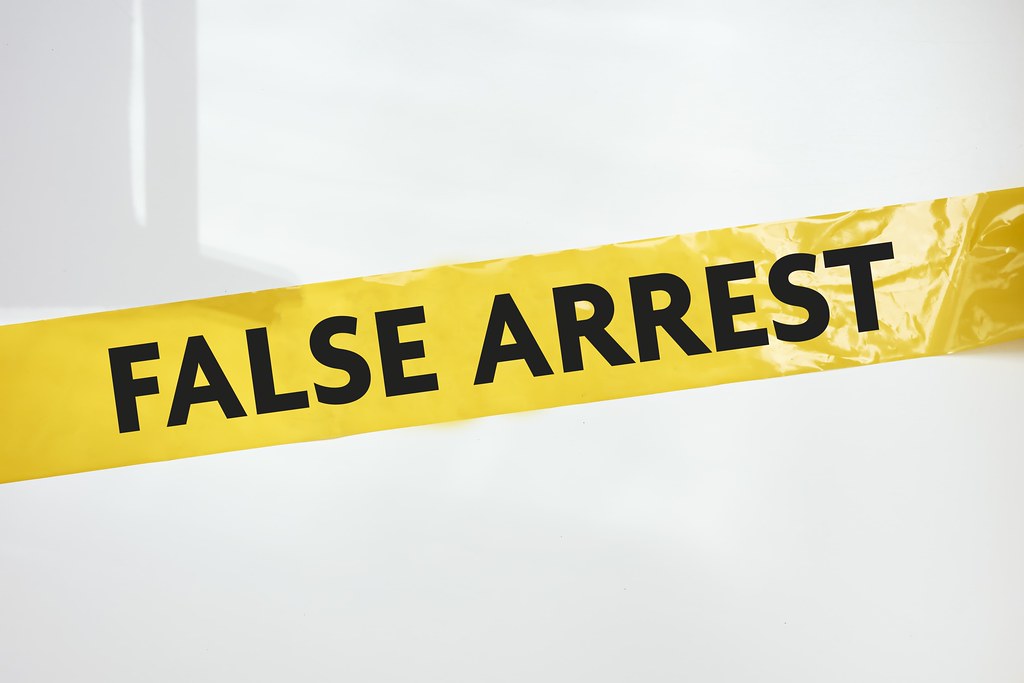Facing a false domestic violence assault charge can be an incredibly distressing and daunting experience. Understanding your legal rights and the procedures involved is crucial in effectively moving through this challenging situation. At Strategic Lawyers, we regularly handle such cases, offering expert legal guidance and support to those wrongfully accused.
Understanding False Allegations
False domestic violence assault charges occur when an individual is wrongfully accused of committing violence against a partner or family member. These allegations can arise from various motives, including personal vendettas, custody battles, or attempts to gain an advantage in divorce proceedings.
The emotional toll on the accused is profound, often resulting in stress, anxiety and reputational damage. Legally, the implications are severe, potentially leading to restraining orders, loss of custody rights and even criminal convictions. It is vital to approach these allegations with a clear understanding of their gravity and the steps necessary to defend oneself.
Immediate Steps to Take
If you find yourself facing a false domestic violence assault charge, taking immediate and strategic action is essential. Here are some crucial steps to follow:
- Remain Calm and Avoid Confrontation: Stay composed and avoid any interaction that could escalate the situation or be misconstrued. Any hostile behaviour can be used against you, so maintaining a calm demeanour is crucial.
- Seek Legal Counsel: Contact an experienced lawyer immediately to guide you through the process. Legal expertise is vital in understanding the complexities of your case and ensuring your rights are protected.
- Document Everything: Keep detailed records of all interactions, including times, dates and communications. Meticulous documentation can provide crucial evidence to support your innocence and highlight inconsistencies in the accuser’s claims.
- Refrain from Discussing the Case Publicly: Avoid discussing the case with anyone except your lawyer to prevent any statements from being used against you. Public comments can be misconstrued and may harm your defence.
- Preserve Evidence: Secure any physical or digital evidence that can support your case, such as text messages, emails, or surveillance footage. Properly preserved evidence can be pivotal in disproving false allegations and demonstrating your innocence.
- Limit Contact with the Accuser: Minimise any direct or indirect contact with the accuser to avoid further accusations or misunderstandings. Communicate through your lawyer if necessary to ensure all interactions are appropriately documented and handled.
Gathering Evidence
Gathering robust evidence is pivotal in proving your innocence in a false domestic violence case. Here are some types of evidence that can be beneficial:
- Text Messages and Emails: Preserve any digital communications that may demonstrate your innocence.
- Witness Statements: Obtain statements from individuals who can testify to your character and the nature of your relationship with the accuser.
- Physical Evidence: Any tangible items that can corroborate your version of events.
Character witnesses play a crucial role in these cases. Their testimony can provide the court with a broader perspective on your character and the improbability of the accusations being true.
To securely store and present evidence:
- Create Multiple Copies: Keep several copies of all evidence, both digital and physical.
- Use Secure Storage: Store evidence in a secure location, such as a safe or encrypted digital storage.
- Organise Evidence Chronologically: Arrange your evidence in a clear, chronological order to present a coherent narrative.
Navigating the Legal Process
Understanding and navigating the legal process is essential when defending against a false domestic violence charge. Here’s what you need to know:
- Initial Hearings: Be prepared for initial court appearances where bail and protective orders may be discussed.
- Pre-Trial Motions: Understand the importance of motions that can set the stage for your defence.
- Discovery Process: Be aware that both parties will exchange evidence and witness lists.
Understanding court procedures and legal terminology is vital. This knowledge, combined with the expertise of a competent lawyer, will guide you through each step of the process, ensuring your rights are protected.
Building a Strong Defence
Building a robust defence strategy is critical in disproving false allegations. Here are some strategies that can be employed:
Presenting an Alibi: One of the most effective ways to disprove false allegations is by establishing a credible alibi. This involves presenting concrete evidence that you were not present at the alleged time and place of the incident. Such evidence can include:
- Surveillance Footage: Obtain any available video recordings that show your location during the time of the alleged incident.
- Receipts and Transaction Records: Use credit card receipts, bank transactions, or any other financial records that can pinpoint your whereabouts.
- GPS Data: Leverage location data from your mobile phone or vehicle tracking systems to substantiate your claim.
Proving Motive: Demonstrating that the accuser has a motive to fabricate the allegations can significantly undermine their credibility. Some potential motives include:
- Custody Disputes: In cases of separation or divorce, one party might make false allegations to gain an advantage in custody battles.
- Revenge or Retaliation: The accuser might be acting out of spite, aiming to damage your reputation or cause emotional distress.
- Financial Gain: The accuser might be seeking financial compensation or benefits as a result of the false allegations.
A thorough investigation by your defence team is essential. This includes examining all evidence, interviewing witnesses and identifying inconsistencies in the accuser’s statements.
The Trial Process
Facing a trial for a false domestic violence charge can be intimidating. Here’s what to expect:
- Court Appearances: Be prepared for multiple court appearances and the possibility of giving testimony.
- Presentation in Court: Dress appropriately and maintain a calm and respectful demeanour at all times.
- Cross-examination: Be honest and concise in your responses during cross-examination and remain composed.
Truthful testimony is paramount. Ensure you answer all questions truthfully and avoid speculation.
Post-Trial Considerations
After the trial, several outcomes are possible, each with its own implications. Here’s what to consider:
- Favourable Verdict: If the verdict is in your favour, work with your lawyer to clear any records and restore your reputation.
- Unfavourable Verdict: If the verdict is not favourable, discuss the possibility of an appeal with your lawyer.
In either scenario, it is crucial to follow up with your legal team to understand the next steps and ensure all legal options are explored.
Looking For a Domestic Violence Lawyer In Townsville?
Facing a false domestic violence assault charge is a challenging and overwhelming experience. Understanding the legal process, gathering robust evidence and seeking expert legal assistance are crucial steps in defending yourself. At Strategic Lawyers, we are dedicated to providing comprehensive legal support and guidance to ensure the best possible outcome. If you are facing such charges, do not hesitate to contact us for professional legal assistance.






